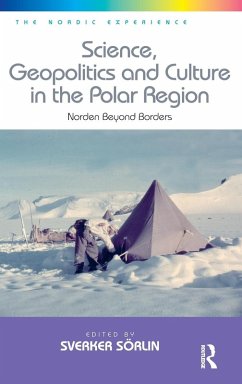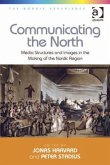Throughout the twentieth century, glaciologists and geophysicists from Denmark, Norway and Sweden made important scientific contributions across the Arctic and Antarctic. This research was of acute security and policy interest during the Cold War, as knowledge of the polar regions assumed military importance. But scientists also helped make the polar regions Nordic spaces in a cultural and political sense, with scientists from Norden punching far above their weight in terms of population, geographical size or economic activity. This volume presents an image of Norden that stretches far beyond its conventional limits, covering a vast area in the North Atlantic and the Arctic Sea, as well as parts of Antarctica. Rich in resources, scarce in population, but critically important in global and regional geopolitics, these spaces were contested by major powers such as Russia, the United States, Canada and, in the Antarctic, Argentina, Australia, South Africa and others. The empirical focus on Danish, Norwegian and Swedish influence in the polar regions during the twentieth century embraces a diverse array of themes, from the role of science in policy and diplomacy to the tensions between nationalism and internationalism, with clear relevance to the important role science plays in contemporary discussions about Nordic engagement with the polar regions.
Hinweis: Dieser Artikel kann nur an eine deutsche Lieferadresse ausgeliefert werden.
Hinweis: Dieser Artikel kann nur an eine deutsche Lieferadresse ausgeliefert werden.








